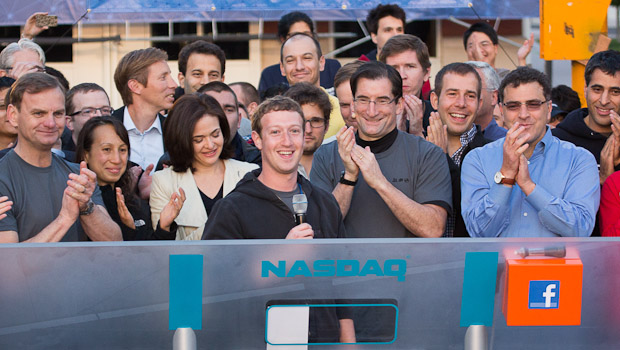Apple’s announcement of deep Facebook integration into their iOS6 operating system for the iPhone and iPad is the latest in the weird beasts created as the various online empires jostle for position in a changing marketplace.
We’re used to failing companies creating alliances – most notably Microsoft and Nokia in the mobile phone sector – and almost all of these ventures fail as they are akin to the two slowest runners in a race tying their legs together believing that will make them faster than the leader.
In other areas we see the big players buy out hot new businesses as the incumbents figure its easier to buy out the competition rather than try to compete.
While those purchases form the basis of the Silicon Valley greater fool model, usually the new business gets subsumed into the big corporation, the technology is lost and all but the most cynical founders wander off to do something more interesting.
Then there’s the merger of equals, and today’s announcement of Apple and Facebook’s deep co-operation is one of these.
Facebook has been talking about building its own phone – much to the scorn of industry participants – as the company struggles to deal with user moving onto mobile phones.
Apple is hopeless at social media, which is barely surprising from a company that employs its own secret police.
So the two coming together make sense although it may not work well as alliances like these can be likened like mating the world’s best golfer with a Grand Slam Tennis champion and expecting the child to be an Olympic swimmer.
Of course Apple had a successful merger of equals back in the early days of the iPhone – Google. The alliance worked well and, Google’s then CEO Eric Schmidt sat on Apple’s board for some time.
Than Google decided to develop its own mobile software build its own phones so relationships soured between Steve Jobs and Eric.
Now Google Maps has been ditched from the iOS phone system and steadily Google are finding their services being dropped from all of Apple’s products.
Those moveable alliances – not dissimilar to Eurasia, Eastasia and Oceania in George Orwell’s 1984 – are something we should get used to as the Big Four maneuver for position in the changing online world.
While it’s going to be tough time if you’re a mindless fanboi following the progeny of these strange alliances, for the rest of us it should be fascinating viewing.




